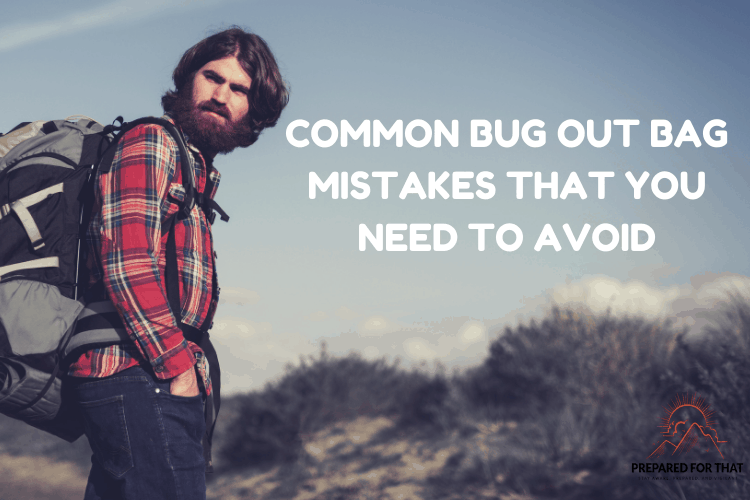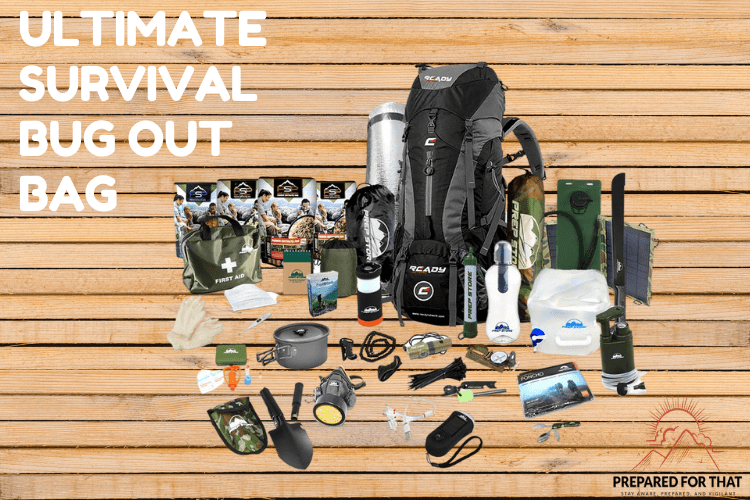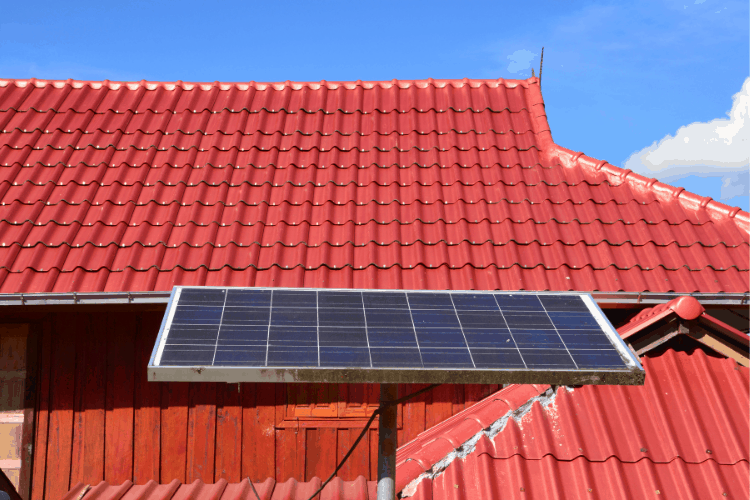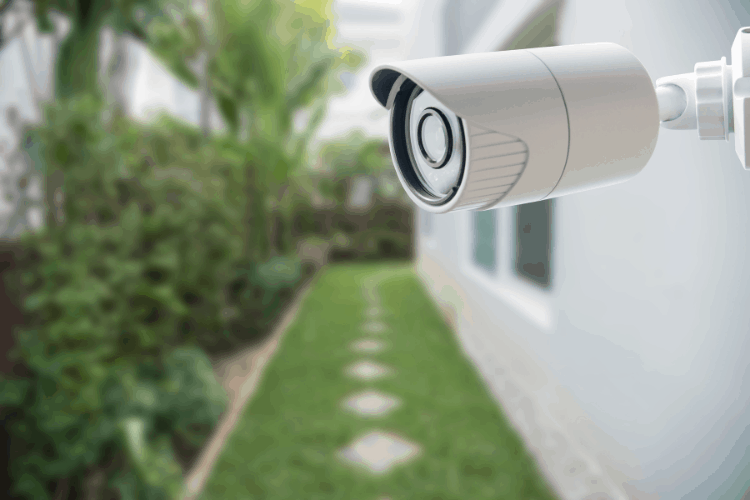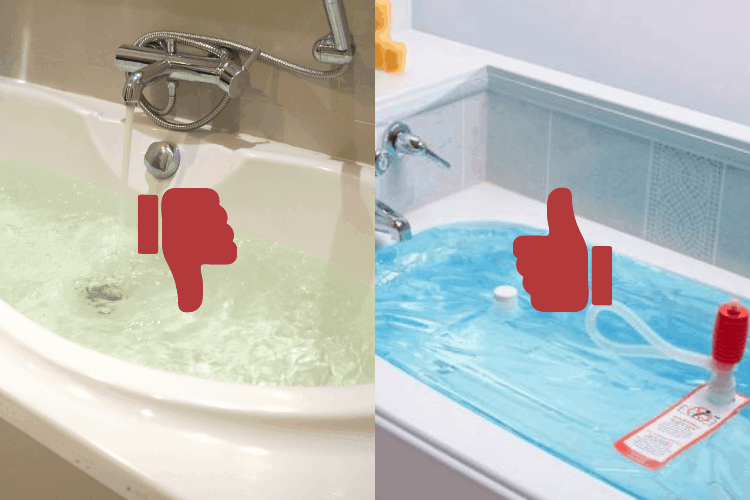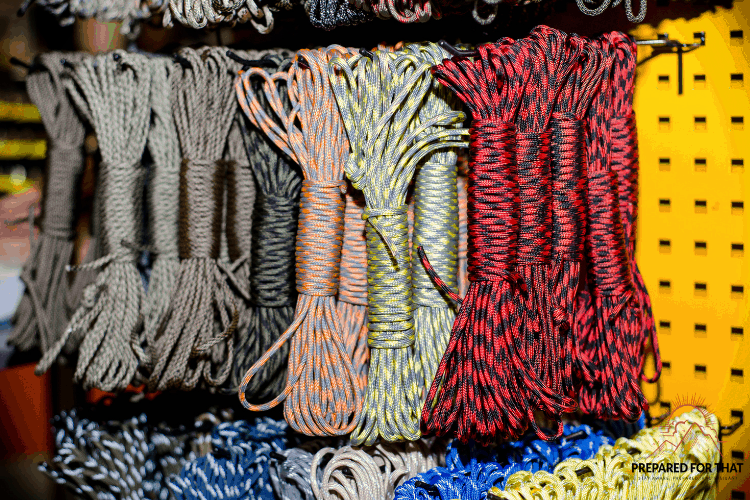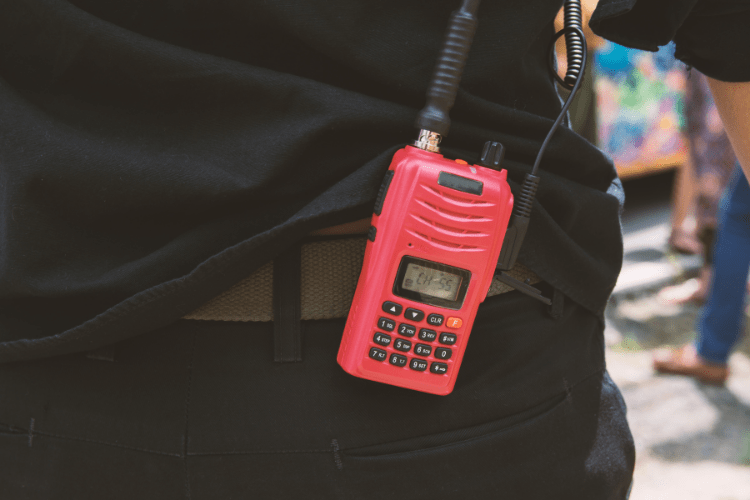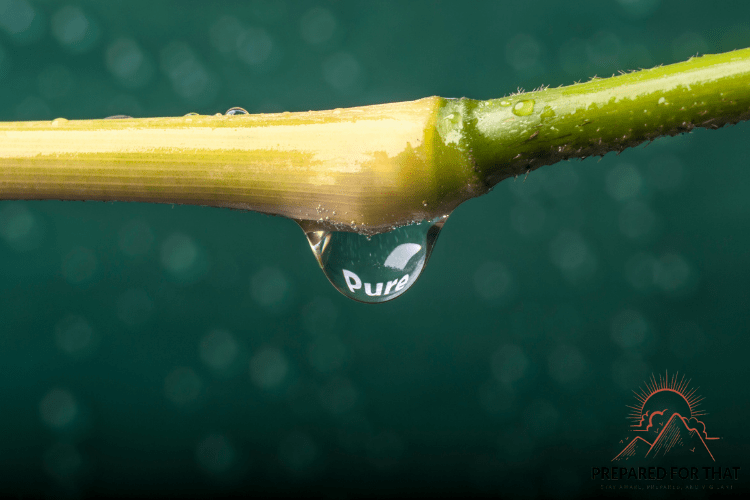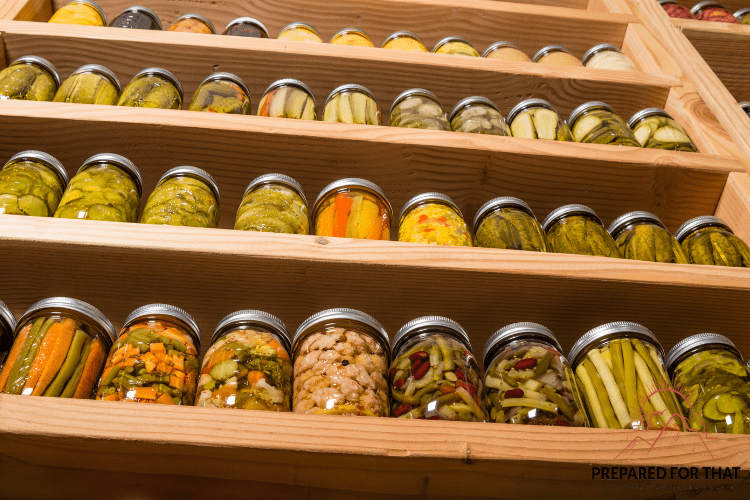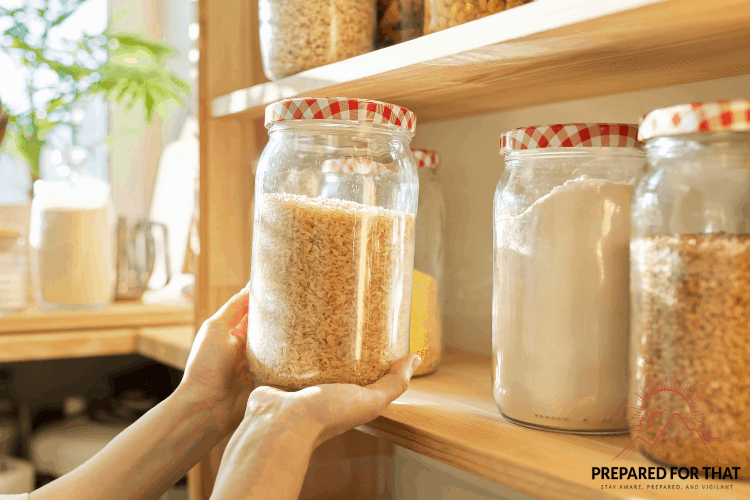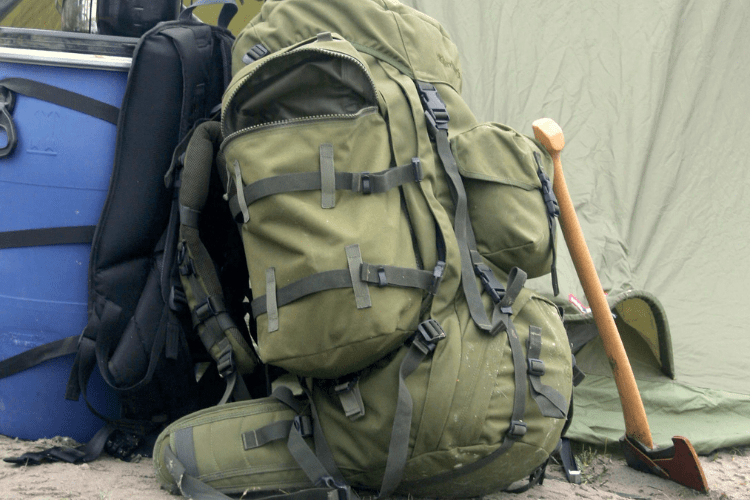Many events can take out the power sources in a local place. If this occurs, you need to be sure that you have the equipment you can use to take action when that happens. You can still get power to your property if you use a few sensible long-term power outage survival considerations.
Use a Generator in Power Outage
A generator can be a lifesaver. It is a device that will deliver power to your home, even if the electrical grid to your home is off. There are many great generators that you can use, but you have to be aware of a few pointers when buying one and how to prepare for a power outage.
What specifics should you look for in a generator?
- The number of watts it can handle, a unit with more watts can power up more appliances.
- The fuel it uses; gasoline is typically used in many generators.
- How much fuel will it use in a given time; that is, how long will it take for the generator to use up all the fuel you put into it?
- Whether or not batteries Power outlets can power it;
- how many does it have?
Where will the generator fit in the home?
Look for a generator that can be put in a place where nothing outside your house can hurt it. It will be perfect if you can find a generator that can connect to a fuse box in your house. Otherwise, a transportable generator that can power up a few items at a time may be the route.
How much maintenance will the generator require?
The fan in a generator might have to be checked on occasion. The oil may also have to be replaced in some models.
Alternative Energy Sources For Grid-Down Energy Needs
While a generator could work for getting energy into your home, another idea is to look for alternative energy sources before you need them. If you can power your home without using fuel or any electricity off a grid, with solar or wind, for instance, you will be at an advantage and ahead of the game when disaster strikes.
Below is information about solar and wind options.
Solar
A solar-powered home would be perfect, as you will take in energy from the sun’s rays. Panels will collect the rays, usually on the roof, that will convert the energy to power your home.
- Look at the total amount of energy your house uses in a normal month. Think about getting sufficient panels and a solar generator that can manage that amount. Solar power can be gathered in your home with these steps:
- Have some solar panels installed on the roof of your home. Ensure they are installed and positioned by professionals to have the maximum exposure to catch the sun’s rays.
- Get that generator joined to a fuse box or other material that will be responsible for distributing the power to your house.
This should give you lots of energy to ensure you don’t have to use common resources. This will be of use even in safe periods and may cut down on the cost of electricity in your home.
Wind
Wind power is typically gathered in large fields where huge windmills may be found. Wind turbines will be joined to these windmills and create energy from the kinetic force that comes with the windmills moving. This will then move the energy into a generator for powering up different places.
There is a potential for you to use wind power in your house to make it capable of controlling power the right way. Check with experts on the legality of using it on your home and the correct position.
Wind power can be essential if you use a few considerations:
Determine how much power you need off a wind turbine and order an appropriate windmill.
Get the proper windmill installed. A common windmill may be about 80 feet high and cost $30,000, but you may be able to locate a smaller model that is not as costly, depending on where you go.
Have your wind turbine connected to a generator or other material used to power your home.
Look at the standards for living in your area and see if you can get this to work on your property. Not all communities will allow you to prepare such material for your home. You might have to ask your local housing board to see if you can add it.
A wind turbine may work if you have a significantly spaced property apart from others. Otherwise, you might want to stick with solar power instead due to the legal consequences that may be associated.
Be certain you fully grasp whether wind or solar power is the right alternative power for you.
Sources:
https://www.dictionary.com/browse/hunker–down
https://www.google.com/books/edition/Be_a_Prepper/NkttjwEACAAJ?hl=en

